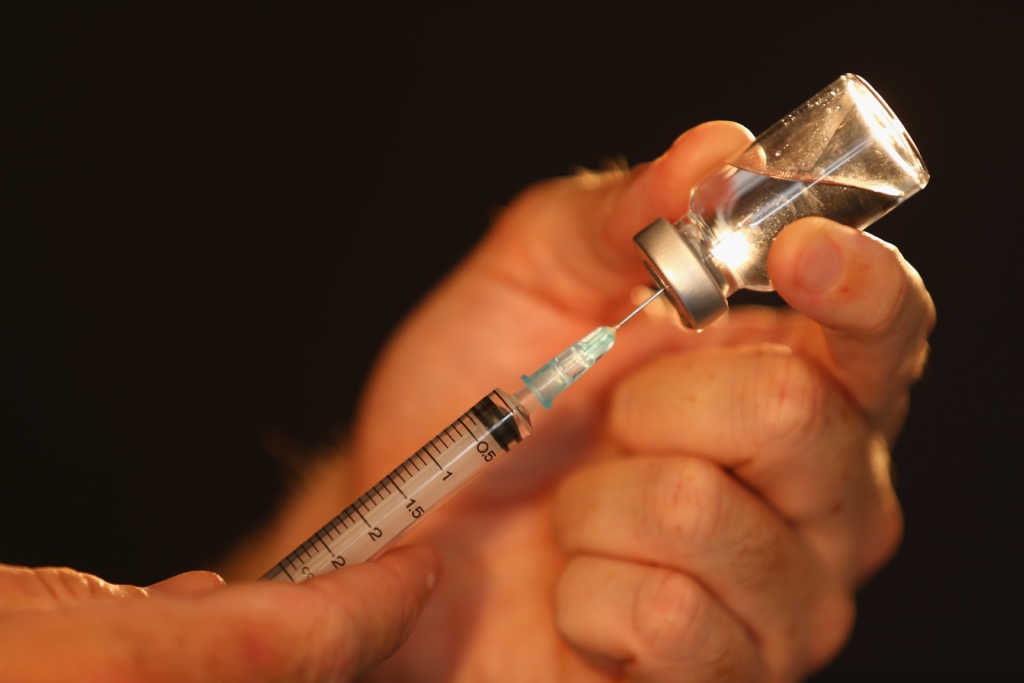The Belgium Federal Euthanasia Evaluation and Control Commission (CFCEE) has defended its position of support for the euthanizing of minors. This comes after a major law change legalized the administering of life-ending injections, and follows the ending of three young lives in 2016 and 2017.
Widow of Sutherland Springs Church Shooter Says Husband Lost Faith in God Before Massacre
On 12 December 2013, the Belgian Senate voted 50-17 in favor of a controversial new bill which amended the euthanasia law to allow “emancipated minors” to access the same form of euthanasia that is offered to adults. “Emancipated minors” are those deemed emotionally capable of making the decision to have their lives ended by medical intervention. Those who are found to be unable to be capable of reaching a balanced decision on their own must be given the consent of a parent or guardian in order to attain approval for the ending of their life.
A member of the CFCEE, Luc Proot, said he “saw mental and physical suffering so overwhelming” in the children who were due to be euthanized, that he was convinced the team of medics “did a good thing” by putting them to death, according to the Telegraph.
Belgian doctors administered “lethal injections” to three children; one was suffering from muscular dystrophy, another from cystic fibrosis and the third was being treated for a brain tumor.
For the deathly procedure to take place, doctors must ensure that the patient is “in a hopeless medical situation of constant and unbearable suffering that cannot be eased and which will cause death in the short term.”
Once the child has made their decision, child psychologists are brought in to ensure that the minor has “not been influenced by a third party” and is fully able to discern what is the right decision for themselves.
But many are voicing staunch opposition to the new law, which is the latest progression in Belgium’s horrifying euthanasia regime.
Prof Stefaan Van Gool, a Belgian child cancer specialist, said there was “no objective tool” available that really can “help you say ‘this child has the full competence or capacity to give with full understanding informed consent’.”
Belgium’s bishops also called the law “a step too far.”
Dignity in Dying, a charity which campaigns for the legalization of euthanasia, insisted that this new law was far too progressive. A spokeswoman for the organization told the Independent that “terminally ill, mentally competent adults” should be able “to request life-ending medication” that is “self-administered.”
“We do not campaign for a law like the one that operates in Belgium,” she added.
The ghastly figures boasted by the European nation are staggering: 4,337 opted for assisted dying in 2016 and 2017. While most of these were cancer patients, an alarming number of those choosing to end their lives were elderly people who suffered from minor medical conditions. Tragically, some 77 chose to die because of unbearable psychiatric suffering, such as loneliness.
Just last year, Dr. Ludo Vanopdenbosch resigned from the CFCEE, when a dementia patient was euthanized without her prior consent. Despite calls from Vanopdenbosch and others for the prosecution of those involved in her death, no legal charges were brought against the offending parties.



